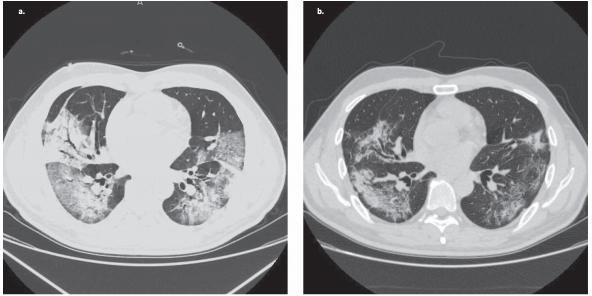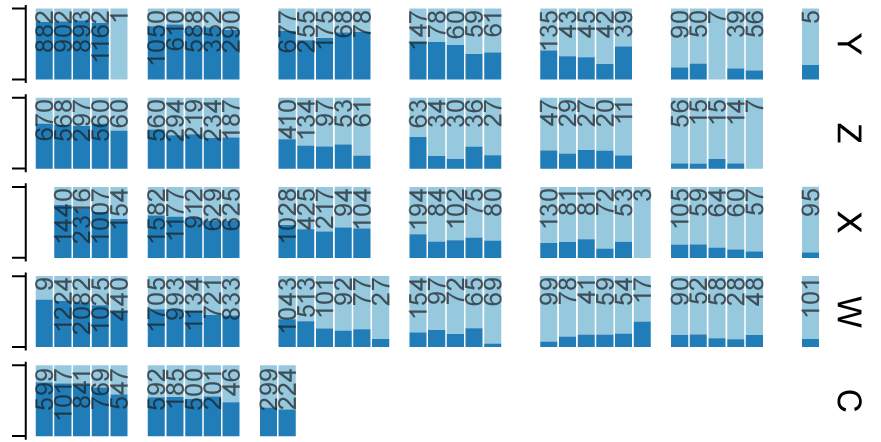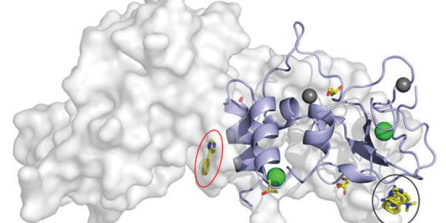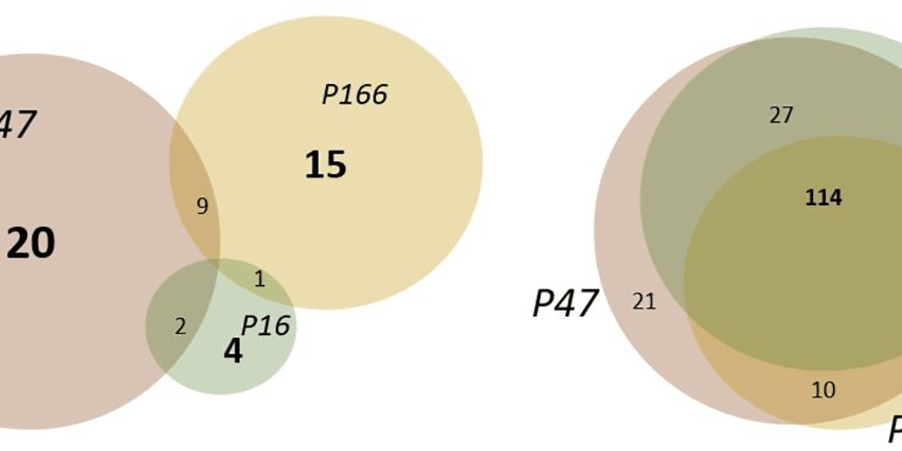Data-driven research shows that Neanderthal gene connected to severity of COVID-19 (Update)
Published: 2022-10-03
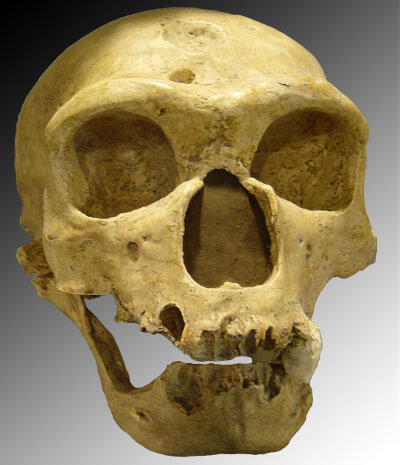
Source: Wikimedia Commons.
Update: This Data Highlight has been updated as of 3rd October because today Svante Pääbo received the Nobel Prize in Physiology or Medicine for his work on Neanderthals. This Data Highlight was originally featured on the Portal in 2nd October 2020.
To find out more more about COVID-19 related to Neanderthal biology, see a follow up Data Highlight from Huffman et al. (2022). That highlight is related to a later paper from this group entitled ‘Multi-ancestry fine mapping implicates OAS1 splicing in risk of severe COVID-19’. The group also produced another paper about how genetic risk factors for severe COVID-19 are connected to the Neanderthals, see Zeberg and Pääbo (2021). You can also learn more about the COVID-19 host genetics initiative here.
Original highlight content
A recent genetic association study by The COVID-19 Host Genetics Initiative (Eur. J Hum Genet 28, 715-718, 2020; DOI: 10.1038/s41431-020-0636-6) pointed to a connection between a small gene locus on Chromosome 3 and the risk of severe outcome of COVID-19 infection. Researchers Hugo Zeberg (Max Planck Institute for Evolutionary Anthropology and Karolinska Institute) and Svante Pääbo (Max Planck Institute for Evolutionary Anthropology and Okinawa Institute of Science and Technology) have now shown, by data-driven paleogenetics/immunogenetics, that this small genomic fragment of about 50 kb, situated on Chromosome 3, is inherited from the Neanderthals.
Out of three Neanderthal genomes investigated, the Vindija 33.19 Neanderthal, found in the Vindija Cave in northern Croatia, has the closest relationship with the risk haplotype for severe SARS-CoV-2 infection and hospitalization. This gene fragment is most common in South Asia (carried by 50% of the population). About one in six Europeans carry the risk haplotype. The authors suggest that the Neanderthal risk haplotype may contribute to COVID-19 risk and severe outcome of COVID-19 infection.
The article is based on data-driven research method and used publicly available data: metadata from The COVID-19 Host Genetics Initiative, genome data from the 1000 Genomes Project, the Neandethal genome data from the Max Planck Institute for Evolutionary Anthropology, sequence data from Ensembl, and map data from OpenStreetMap. The COVID-19 Host Genetics Initiative, started in the Spring 2020, is a collaborative effort by over 300 scientists in over 20 countries to bring genetic community together and to facilitate COVID-19 host genetics research.
The researchers Zeberg and Pääbo have shared their results early via pre-print services (bioRXiv) and gained large attention.
The project was funded by The Max Planck Society and the NOMIS Foundation.
Article
DOI: 10.1038/s41586-020-2818-3
Zeberg, H., Pääbo, S.(2020). The major genetic risk factor for severe COVID-19 is inherited from Neanderthals. Nature. 10.1038/s41586-020-2818-3.
